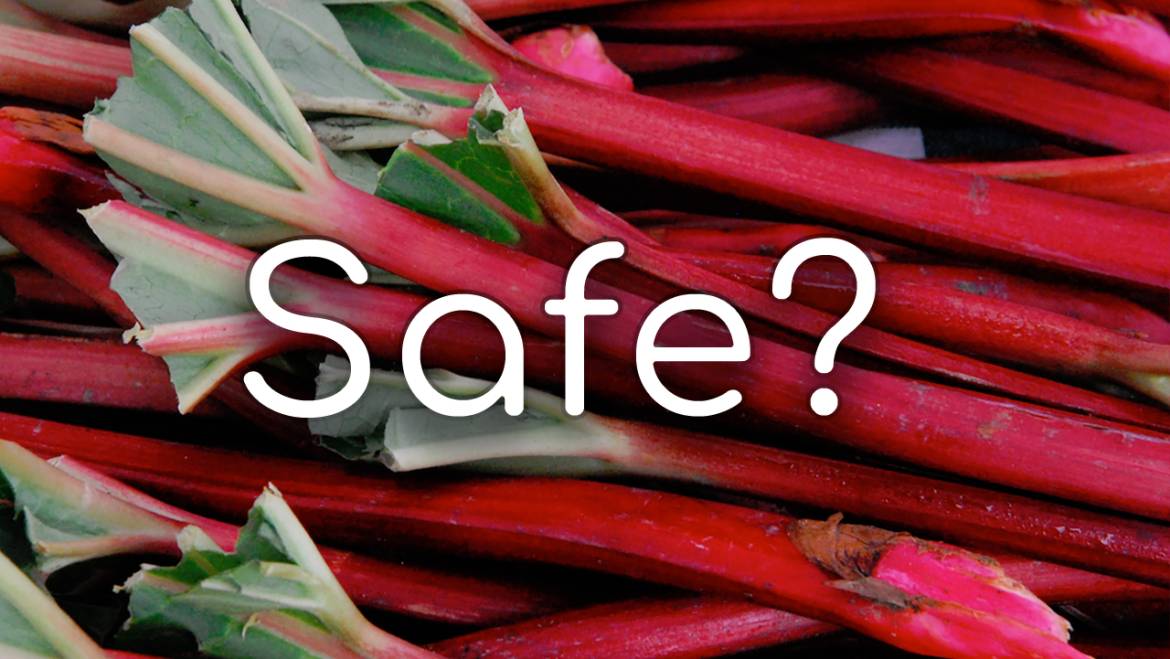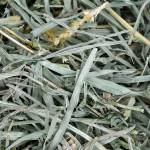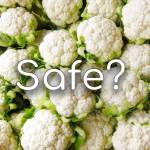Chinchillas are adorable and curious pets that require a specific diet to maintain optimal health. As a responsible chinchilla owner, you want to provide your pet with the best possible care, which includes feeding them nutritious and safe foods. One question that chinchilla owners often ask is whether or not their furry friend can eat rhubarb. Rhubarb is a popular vegetable with a tart taste that is commonly used in pies and desserts. However, not all foods that are safe for humans to consume are safe for chinchillas. In this article, we will explore the topic of chinchillas and rhubarb, including the risks and benefits of feeding rhubarb to your chinchilla.
What is Rhubarb?
Rhubarb is a vegetable that is used primarily in desserts. It has large, triangular leaves and long, thick stalks that are usually red or pink in color. Rhubarb is high in fiber, vitamin K, and calcium, and has been shown to have anti-inflammatory properties. However, despite its health benefits for humans, rhubarb can be dangerous for chinchillas.
Why Can’t Chinchillas Eat Rhubarb?
Chinchillas are herbivores and require a diet that is high in fiber and low in fat. While rhubarb is high in fiber, it also contains a significant amount of oxalic acid. Oxalic acid is a naturally occurring compound found in many plants, including rhubarb. In high concentrations, oxalic acid can be toxic to chinchillas and other small animals, such as rabbits and guinea pigs. Additionally, rhubarb stalks contain a large amount of water, which can cause digestive issues in chinchillas.
The Risks of Feeding Rhubarb to Your Chinchilla
Feeding rhubarb to your chinchilla can cause a range of health issues. The most significant risk of feeding rhubarb to your chinchilla is the potential for oxalic acid poisoning. If your chinchilla consumes too much oxalic acid, it can cause kidney damage, which can be life-threatening. Symptoms of oxalic acid poisoning in chinchillas include:
- Loss of appetite
- Diarrhea
- Dehydration
- Lethargy
- Weakness
- Tremors
- Seizures
- Death
Additionally, the high water content in rhubarb can cause digestive issues in chinchillas. Chinchillas are prone to digestive problems, and feeding them foods that are high in water can exacerbate these issues. This can lead to diarrhea, bloating, and other gastrointestinal problems.
Alternatives to Feeding Your Chinchilla Rhubarb
If you’re looking for safe and healthy foods to feed your chinchilla, there are plenty of alternatives to rhubarb. Some of the best foods for chinchillas include:
- Timothy Hay: Timothy hay is a crucial part of a chinchilla’s diet. It is high in fiber and low in fat, making it an excellent choice for chinchillas.
- Pellets: Chinchilla pellets are specially formulated to provide the nutrients that chinchillas need. Look for pellets that are high in fiber and low in fat.
- Fresh Vegetables: Chinchillas can eat a variety of fresh vegetables, including carrots, spinach, and kale. Just be sure to introduce new foods slowly and in small amounts.
- Fresh Fruit: Chinchillas can also eat fresh fruit, such as apples, bananas, and blueberries. Again, be sure to introduce new foods slowly and in small amounts.
In conclusion, it is important to remember that chinchillas have specific dietary needs and require a diet that is high in fiber and low in fat. While rhubarb may be a healthy food for humans, it is not a safe food for chinchillas due to its high oxalic acid content and high water content. Feeding rhubarb to your chinchilla can cause a range of health issues, including kidney damage, dehydration, and digestive problems. Instead of feeding rhubarb to your chinchilla, consider feeding them other healthy and safe foods, such as timothy hay, chinchilla pellets, fresh vegetables, and fresh fruit.







